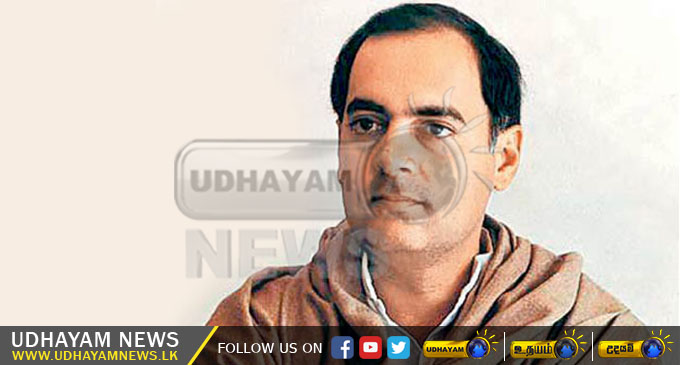(UDHAYAM, CHENNAI) – Robert Payas, a convict in the Rajiv Gandhi assassination case who has been behind bars for more than 26-years, submitted a request for mercy killing to the prison authorities on Wednesday (21). Payas was sentenced to life imprisonment but although the State Government decided to release all seven convicts in the case, the remission process was blocked by the Supreme Court, the Times of India reported.
Payas, who is detained in Chennai’s Puzhal Prison, submitted a letter to the Superintendent of Prisons (SP) of the convict ward, seeking permission to end his life. The SP, Prisons, has informed senior officials about the letter. A senior Police officer said, “We cannot take any decision based on his letter. We have forwarded it to the state home department through the DGP’s office. The matter pertains to the Central Government and the review case is still pending before the Supreme Court.”
Payas, a Sri Lankan Tamil, claimed to have joined the assassination plot as his child had died due to alleged atrocities by the Indian Peace Keeping Force (IPKF) which was sent to Sri Lanka in the late 1980s. The investigators included his name as one of the key planners in the assassination conspiracy and he was awarded a life sentence.
The Tamil Nadu Government had decided to release seven people who were convicted for their role in the assassination of former Prime Minister Rajiv Gandhi in May 1991.
Three of them – Santhan alias T. Suthenthiraraja, close associate of the prime suspect T. Sivarasan and an intelligence wing member of the Liberation Tigers of Tamil Eelam (LTTE), Nalini, who performed recce operations to assess the security arrangements for the then Prime Minister V. P. Singh’s rally, and her husband Murugan – were on death row and had their sentences commuted to life terms by the Apex Court.
The others – Payas, A. G. Perarivalan, Jayakumar and Ravichandran – are serving life sentences. The Supreme Court stayed the State Government’s order, saying that the state could not release them without the Centre’s consent. The State Government has appealed to the Supreme Court to review the order and the matter is still pending before the Court.

